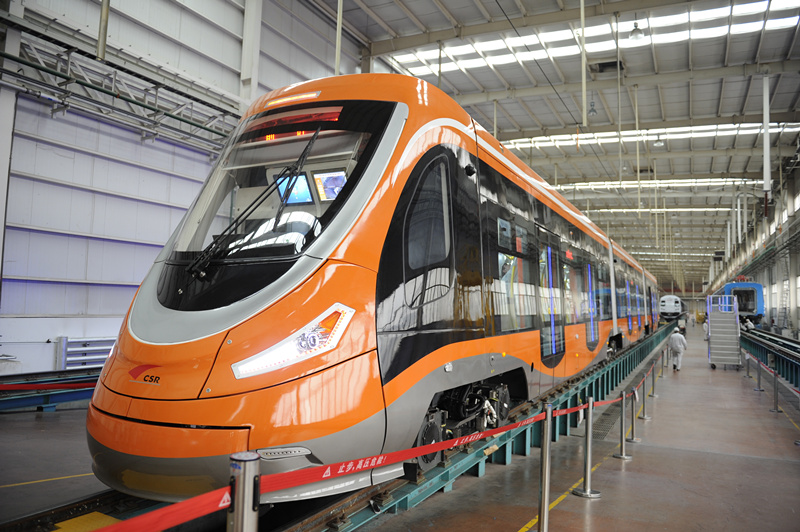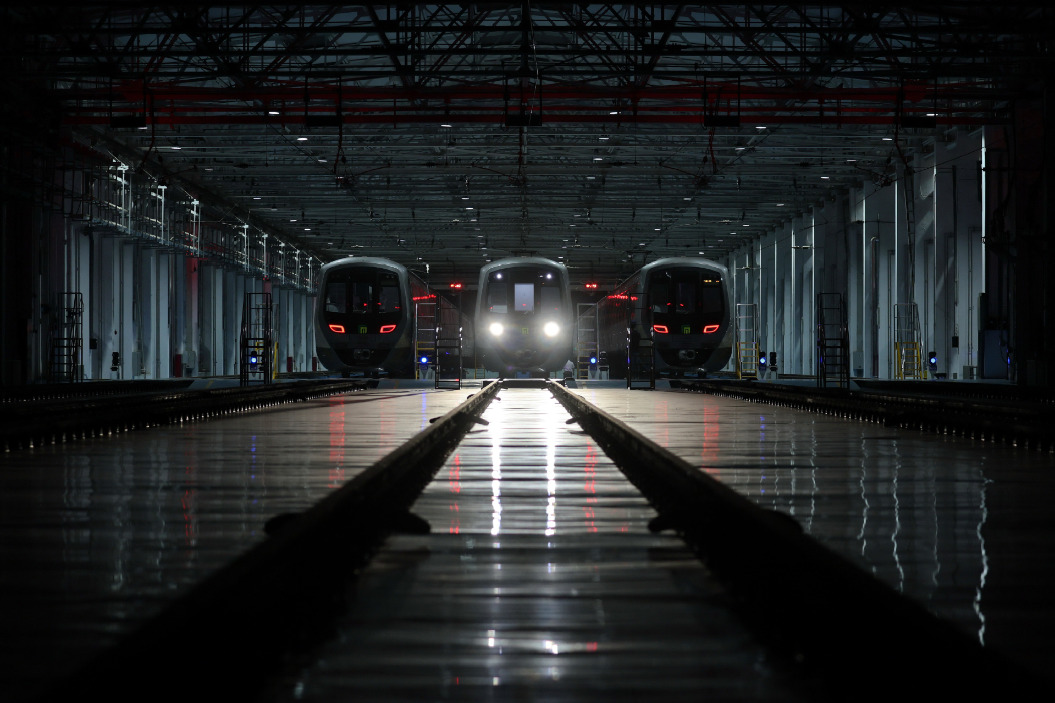Hydrogen on track to drive China's development


"The lack of government coordination leads to companies fighting their own corner, but every company may stumble over the same stone. It's a waste of time and resources and, of course, it will delay progress in the research and development of the core technology of fuel cell vehicles," he said.
Liu added that China has spared no effort to develop green energy and is a world leader in its production, but while large sums have been invested in solar, wind and other alternative power sources, very little money has been spent on hydrogen energy.
According to the Global Trends in Renewable Energy Investment Report published in April by the UN Environment Programme and Bloomberg New Energy Finance, China was the world's leading investor in renewable energy last year - solar energy alone received more than 555 billion yuan ($86.6 billion). The 812.5 billion yuan in funding represented the largest sum the nation had spent on the sector in a single year and accounted for 45 percent of the global total.
Noting that carmakers and clean energy generators have spent heavily on the sector, Liu urged the government to increase investment in areas such as the supply of hydrogen energy and the evolution of fuel cell vehicles as a way of driving the development of the entire industrial chain and tackling common technological bottlenecks.
Lack of experts
In addition to shortcomings at the macro level, such as policy and investment, many companies and research institutes face a critical problem; a lack of experts and researchers.
Li, from Tsinghua University, said the development of hydrogen energy and fuel cell vehicles has resulted in strong demand for people who are well-versed in the technology. However, few universities offer related courses, and that has resulted in a disparity between demand and supply of talent in the sector.
"My doctoral student, who is now in his third year and still two years from graduation, has already been reserved by a fuel cell vehicle company. This is very common in our department," he said.
Liu said that while it's not unusual for electric vehicle companies to employ more than 100 experts and researchers with doctorates, it would be difficult to find 10 equally qualified people in a fuel cell vehicle company.
Despite the obstacles ahead, observers believe the government's endorsement of the development of the hydrogen energy economy is a cause for optimism.
"China has a rapidly growing hydrogen scene, which allows us to have a broader vision. We not only want to accelerate the development of hydrogen fuel cell vehicles, but also revive the concept of the hydrogen energy economy," said Zhang from the UNDP.
In 2016, the programme helped to establish a hydrogen economy demonstration city in Rugao, Jiangsu province.
The project will use hydrogen as the main source of power to meet the energy demands of industry, especially sectors such as transportation and power, in addition to attaining sustainable development and mitigating climate change.
"I believe the hydrogen economy with Chinese characteristics will not be just a Utopian dream this time round," Zhang said.
Hou Liqiang contributed to this story
Contact the writer at wangkeju@chinadaily.com.cn
- Global Public Security Cooperation Forum to be held in Lianyungang
- Huangyan Island National Nature Reserve gets official go-ahead
- A capable assistant in classroom -- Chinese educators embrace AI
- China rolls out homegrown 9-valent HPV vaccine
- New coal-to-gas pipeline project begins in Xinjiang
- Horgos Port exports a record 214,000 vehicles in first 7 months of this year





































